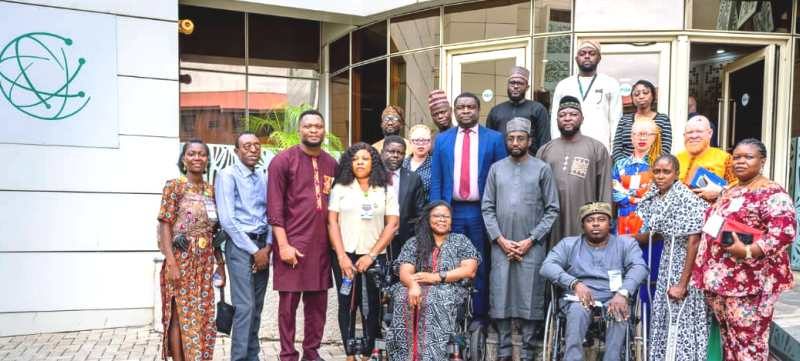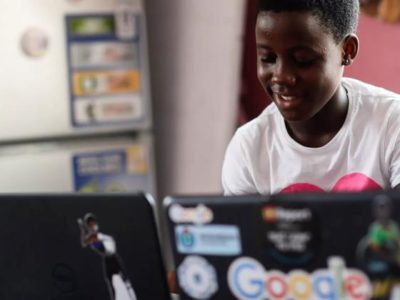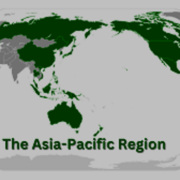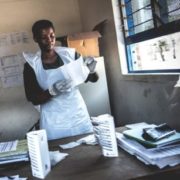In a bold move to foster inclusive digital transformation and unlock Nigeria’s full innovation potential, the National Information Technology Development Agency (NITDA) has reaffirmed its commitment to integrating persons with special needs into all national digital initiatives.
RELATED: NITDA strengthens collaboration with key government institutions to standardise, scrutinise IT projects
During a strategic meeting with the Inclusive Friends Association, a leading disability rights advocacy group, NITDA’s Director General, Kashifu Inuwa Abdullahi, called for a more deliberate approach in the agency’s programmes to reflect the needs of an estimated 35 million Nigerians living with disabilities.
“This brought to my attention the need to be more intentional in the way we design our programs. There is no way we can achieve 95% digital inclusion if we exclude 35 million Nigerians,” Abdullahi stated.
The meeting, which took place at NITDA’s headquarters in Abuja, aligns with the Federal Government’s Renewed Hope Agenda and its Presidential Priority of Reforming the Economy for Sustained Inclusive Growth. It also supports the agency’s mandate to achieve 95% digital literacy by 2030.
NITDA’s Strategy: From Training to True Empowerment
While noting NITDA’s past efforts in providing digital training to people with special needs, Abdullahi pledged to expand such initiatives nationwide. He proposed that representatives from the disability community be formally included in national ICT standard committees, training curriculum development, and policy formulation.
“For us, it’s beyond just training. The real goal is empowerment—how we can train people to use IT tools to grow businesses and improve lives,” Abdullahi said.
He also recommended embedding disability-focused interventions into national tech-driven programs like the NYSC digital innovation scheme, women-in-tech cohorts, and upcoming tech conferences, offering more opportunities for skills acquisition, mentorship, and enterprise support.
Abdullahi emphasized the need to go beyond government bureaucracy by involving civil society partners and ensuring sustained, representative input in all national digital economy frameworks.
“Whatever you do, you need information technology as a tool. So, let us make sure everyone, regardless of ability, is equipped to use it,” he concluded.
Advocating for Representation and Inclusion
Earlier, Grace Jerry, Executive Director of the Inclusive Friends Association, applauded NITDA’s openness to collaboration and stressed the digital divide within the disability community—particularly among women and youth with disabilities in Northern Nigeria.
“Digital literacy is fast becoming a foundational skill for employment, and without deliberate inclusion, millions will be left behind,” she warned.
Jerry called for meaningful representation of people with disabilities in the review, monitoring, and implementation of Nigeria’s digital literacy framework. She highlighted the urgency of tailored interventions to ensure no one is excluded from the benefits of the country’s fast-growing digital economy.






























